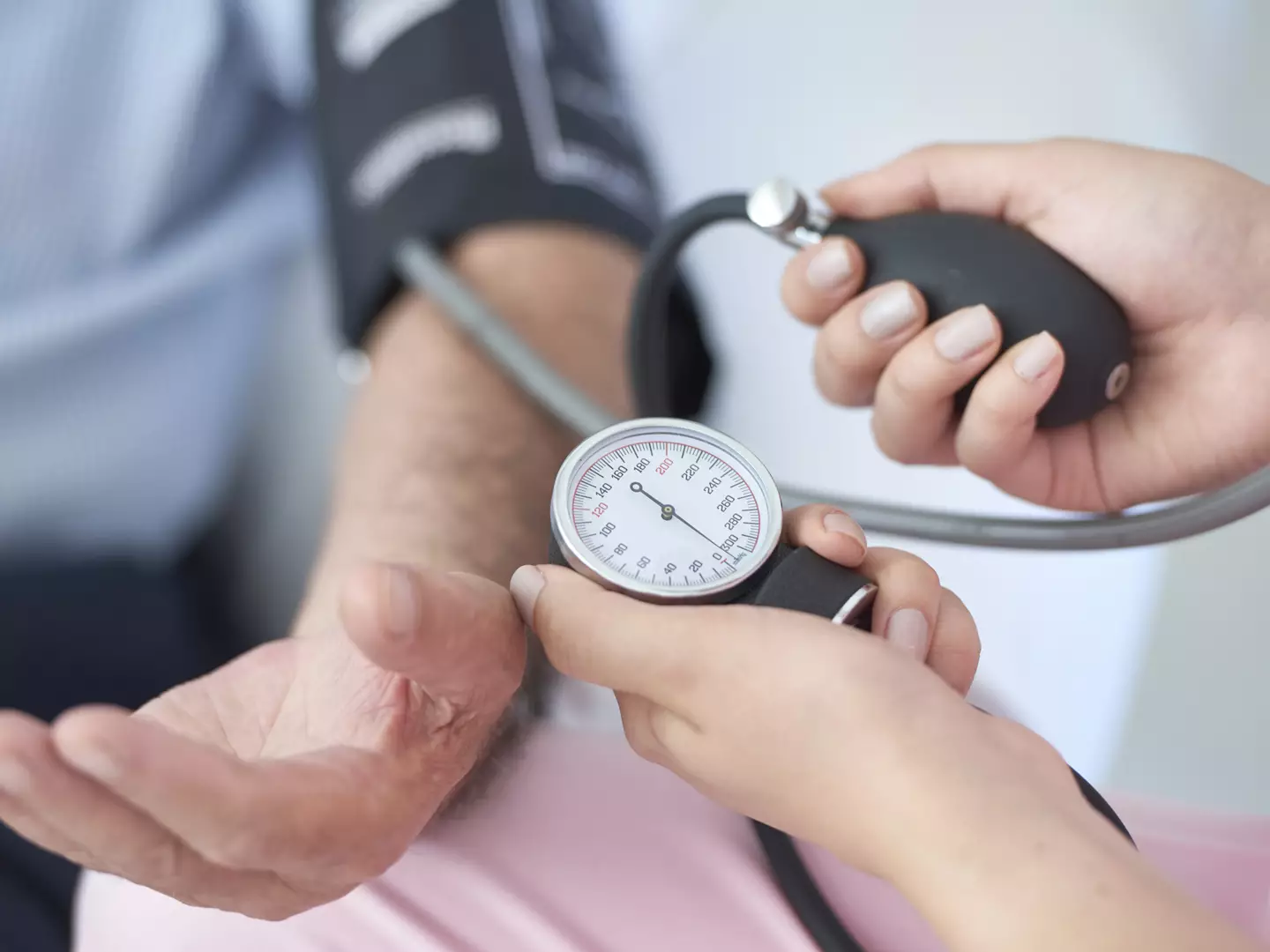Hypertension is a condition wherein there is an increase in the blood pressure above the normal level. It is also commonly referred to as High Blood Pressure. Hypertension is classified as primary or secondary. Primary hypertension does not have a specific medical cause which can relate to the condition of the patient. Secondary hypertension is a high blood pressure that is a result of another medical condition, such as tumors or kidney diseases. Recurrent or persistent hypertension increases the risk of having other medical conditions such as heart attack, heart failure, arterial aneurysm and stroke. The moderate and severe increase of the arterial blood pressure can lead to shorter life expectancy. Hypertension should be treated right away, or else it can be fatal if left untreated. There is no specific medical cause of hypertension but below are some of the factors that can lead to it.
- Obesity. An obese person has a higher risk of having hypertension. The risk is about five times greater than a person with normal weight. Two thirds of hypertension cases are related to excess weight, and more than 85 percent of these cases are patients with body mass index over 25.
- Age. When the body is aging, the wall of the arteries stiffens. This reduces its elasticity, thus increases the arterial blood pressure.
- Sleep Apnea. This is a common, misinterpreted cause of hypertension. This is usually treated with Continuous Positive Airway Pressure.
- Sensitivity to Sodium. Roughly one third of the primary hypertensive patients are responsive to the intake of sodium.
- Renal Hypertension. This is high blood pressure due to kidney diseases. These include diseases such as chronic glumerulonephritis or polycystic kidney disease. High blood pressure happens when there is a stenosis in the main branch of the renal arteries which causes the activation of the renin-angiotensin system.
- Cushing’s syndrome. Over eighty percent of patients with Cushing’s syndrome have been diagnosed with hypertension. The disease results to high levels of cortisol hormone in the blood, which is why it is also called hypercortisolism. Aside from high blood pressure, other symptoms of the disease include high blood glucose, severe fatigue, anxiety, and weak muscles.
- Drugs. Some medications such as Non Steroidal Anti-Inflammatory Drugs or NSAIDS and steroids can cause hypertension. Consult a physician before taking any of these drugs, especially if you are hypertensive. Licorice can cause hypertension because it has similar effects of hyperaldoteronism.






